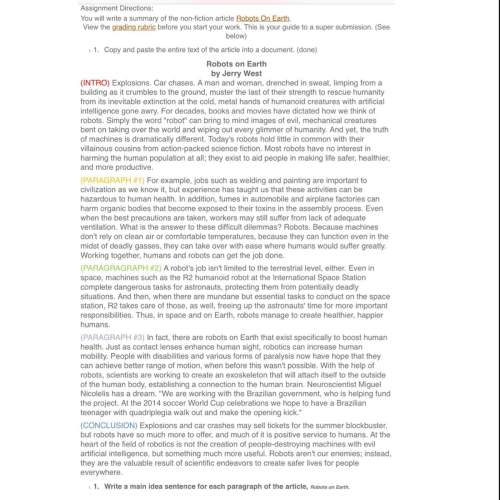
Read the passage from Sugar Changed the World.
You could date a great change in the world to a visit one Madame Villeneuve made to France in 1714. That year, Pauline, an enslaved woman from the Caribbean, arrived in France as the personal servant of her mistress. When Madame Villeneuve set off from the coast to visit Paris, she left Pauline in a convent. The young woman spent her time studying with the nuns and went so far in her training that she asked to become a nun herself and remain in the convent. The nuns agreed, which enraged Madame Villeneuve. She rushed to a judge, demanding to have her property back. Was Pauline a free woman, a bride of Christ, or an item to be bought, sold, and warehoused when she was not in use?
Twenty-three years earlier, King Louis XIV had issued a set of rules that defined slavery as legal in the French sugar islands. But when two slaves managed to reach France, he freed them—saying they became free "as soon as they [touched] the soil" of France. The judges sided with Pauline—she was real to them, human, not a piece of property. For Pauline's judges, as for King Louis, slavery far off across the seas was completely different from enslaved individuals in France.
Slave owners fought back, arguing that owners should be able to list their slaves as property when they arrived in France and take them with them when they left. Though most parts of France agreed to this, lawmakers in Paris hesitated. Pierre Lemerre the Younger made the case for the slaves. "All men are equal," he insisted in 1716—exactly sixty years before the Declaration of Independence.
To say that "all men are equal" in 1716, when slavery was flourishing in every corner of the world and most eastern Europeans themselves were farmers who could be sold along with the land they worked, was like announcing that there was a new sun in the sky. In the Age of Sugar, when slavery was more brutal than ever before, the idea that all humans are equal began to spread—toppling kings, overturning governments, transforming the entire world.
How do the details in the passage support the central idea?

Answers: 2


Another question on English

English, 21.06.2019 21:10
Describe the various instances that depict candace lapidus as an archetype for any academician from the lesson gogol's first day.
Answers: 2

English, 22.06.2019 02:10
98 points and brainliest for think of an intense argument you had or witnessed sometime in your life. close your eyes and remember every detail. to turn this into a dramatic scene you will need to make changes that will make it make more sense to the audience. 500-600 words a description of the set up that explains what happened before the scene diction that matches the characters character objectives and obstacles are clearly conveyed a scene that escalates in dramatic intensity diction that is appropriate to the audience words that are not wasted in idle chit chat action (stage directions) that enhance the scene proper formatting for drama
Answers: 2

English, 22.06.2019 03:30
What is the main problem with the following critique? “you put some thought into it, but you obviously do not care much about the topic you are presenting.” a. it is not ethical. b. it is not constructive c. it is not specific. d. it is not behavior focused.
Answers: 1

You know the right answer?
Read the passage from Sugar Changed the World.
You could date a great change in the world to a visi...
Questions

Business, 11.02.2021 22:50

Mathematics, 11.02.2021 22:50


Mathematics, 11.02.2021 22:50

Business, 11.02.2021 22:50


Geography, 11.02.2021 22:50


Mathematics, 11.02.2021 22:50



Mathematics, 11.02.2021 22:50


Mathematics, 11.02.2021 22:50

Physics, 11.02.2021 22:50

Mathematics, 11.02.2021 22:50


Arts, 11.02.2021 22:50

Mathematics, 11.02.2021 22:50

English, 11.02.2021 22:50




